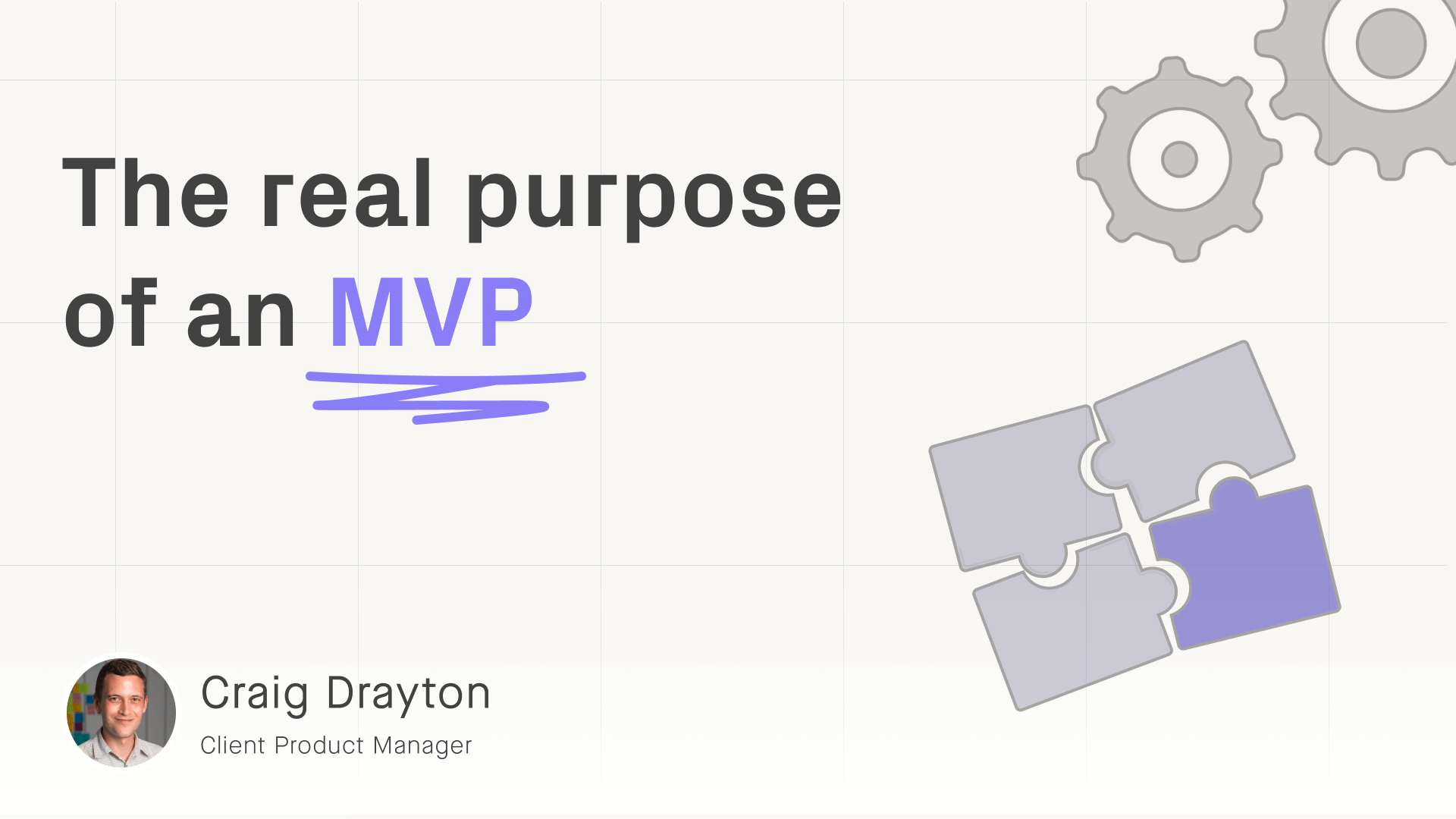Mobile has created an environment in which “individuals are dramatically changing how business operates,” according to the 2013 Mobile Nation report from Deloitte Access Economics. “The latest wave in mobile innovation is being driven by people—consumers and employees,“ it says.
For businesses that haven’t yet embraced mobile, this can be pretty daunting. What does it mean if the customer’s in the driver’s seat? As the report points out, mobile has blurred the lines between our personal and professional lives. It helps us manage the little things, like “micro-coordinating” our activities with family and friends, making small payments using virtual wallets, and making downtime productive (who hasn’t responded to a work email while queuing at the supermarket?).
Importantly, we’re happy to provide our information—personal, location-based, and so on—to the apps that help us manage these small tasks. Happier, in some cases, than we are to submit personal details to websites on our desktop computers. This gives businesses unprecedented micro-targeting potential through so-called “big data”—those small pieces of information that mobile apps gather in the course of being useful to users.
Big data, says the Deloitte 2013 Mobile Nation report, gives businesses “more information with which to specifically respond to a customer’s preferences and needs.” Big data can be immensely powerful for business. Forget about “audiences” and “segments”; businesses with a mobile app can address individuals, provide tailored messaging and personally relevant services based on contextual, social, and geo-targeting. The bottom line? While mobile puts the customer in the driver’s seat, it lets you supply them with the specific directions they need to get where you want them to go. The report contains information about market growth, mobile usage, and trends—download it, and have a read for yourself.




